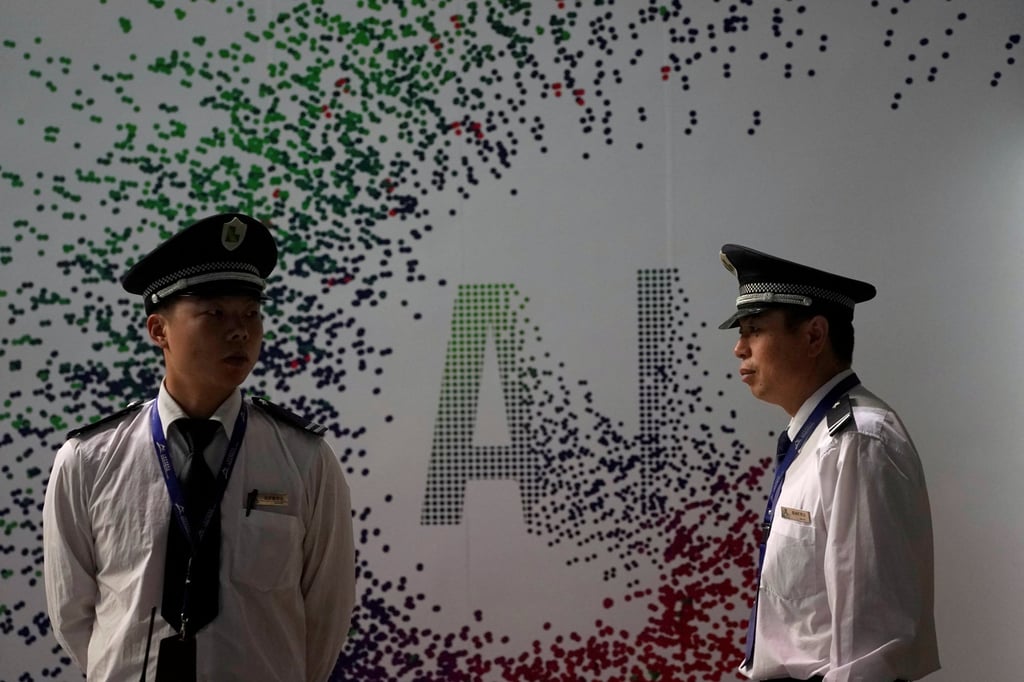When Chinese artificial intelligence start-up DeepSeek unveiled an updated foundational model late in August, investors in Nvidia were stunned. Shares of the US chip giant slid, as market watchers grappled with news that the two-year-old start-up, which has developed models rivalling the world’s best, was shifting towards supporting domestically produced chips.
Advertisement
Adding to their concerns, DeepSeek was not alone in its endeavour to empower China’s AI ambitions without relying on US technology.
Last week, Huawei Technologies – the Chinese firm at the forefront of the nation’s tech self-sufficiency drive – showcased the latest offerings from its Ascend chip series and unveiled hardware designed to deliver world-class computing power without using Nvidia’s processors.
It marked the first time that the company had divulged details of its chip road map since it was blacklisted by the US in 2019 over national security concerns. As confidence in home-grown technology mounts, Beijing has urged the country’s tech giants to cease buying chips that Nvidia tailored for China, which were designed to comply with US export restrictions.
Together, Huawei and DeepSeek have emerged as symbols of China’s resilience, showing how US trade curbs have sparked a wave of innovation in the domestic AI industry that allowed Beijing to gain ground in its tech rivalry with Washington.

With US restrictions acting as a push factor and China’s pursuit of self-sufficiency serving as a pull factor, “DeepSeek will look for alternatives for chips”, said Gary Ng, director and senior economist for Asia Pacific at Natixis Corporate and Investment Bank. “As the national champion, Huawei will play a major part.”
Advertisement


